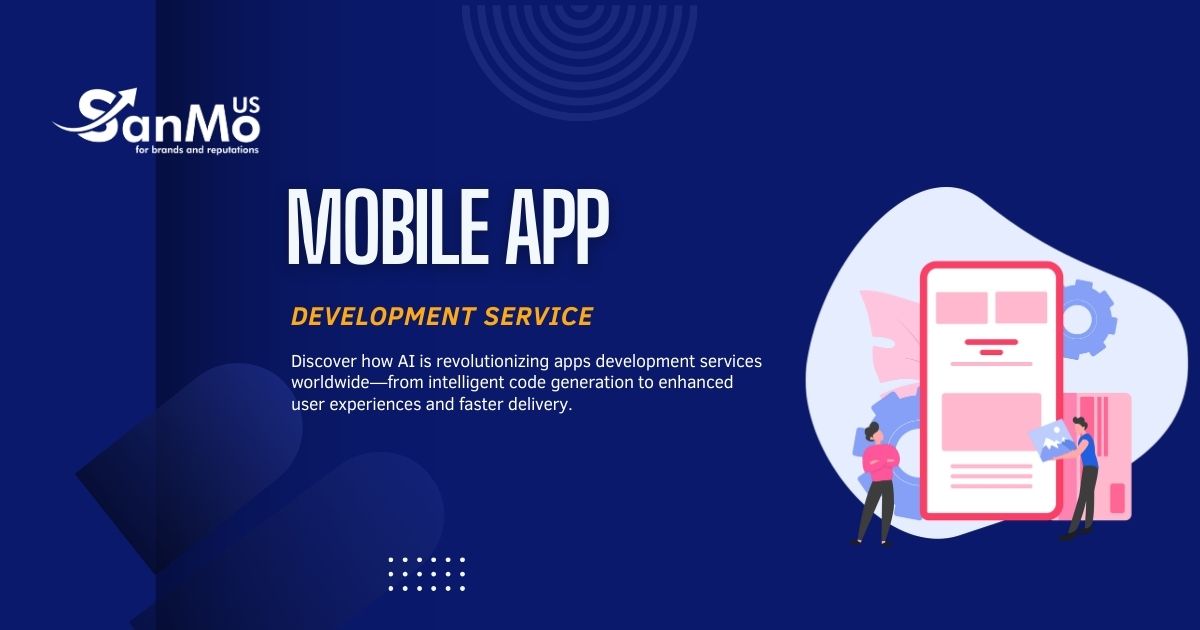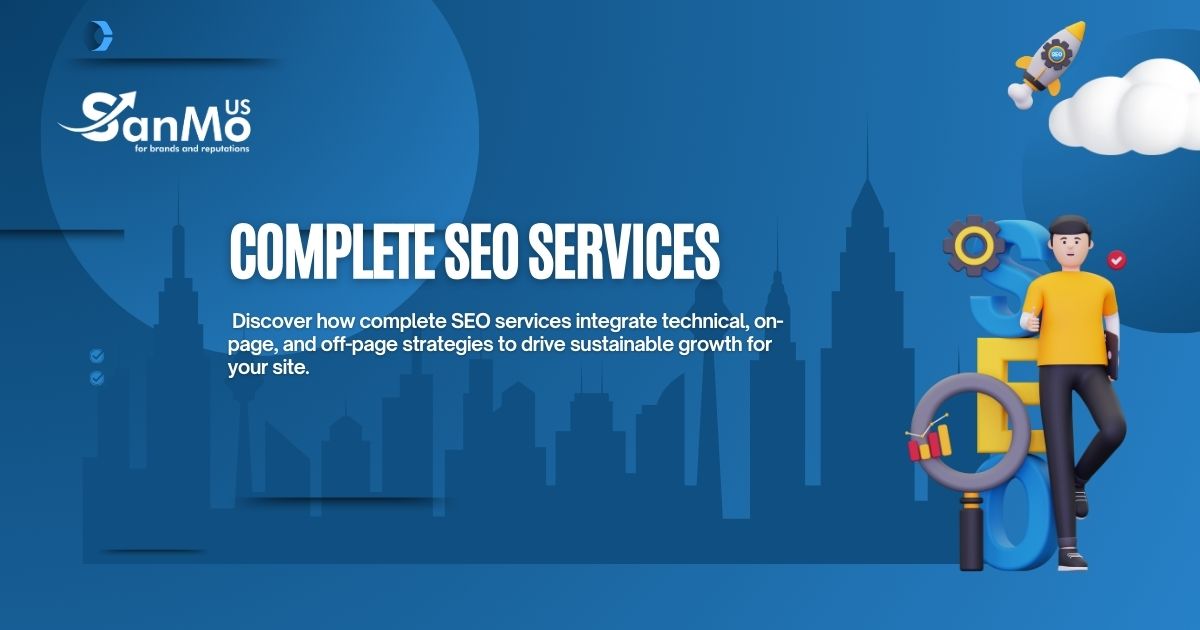Reputation management is the strategic practice of monitoring, influencing, and maintaining the perception of an individual or organization. This involves managing online reviews, social media interactions, and search engine results to cultivate a positive image. Effective brand reputation management shapes how stakeholders perceive an organization and directs public discourse surrounding its brands. It includes monitoring feedback, addressing potential reputation risks, and proactively seizing opportunities to enhance and solidify brand reputation.
Importance of Reputation Management
In today’s fast-paced digital landscape, a solid reputation management strategy is crucial for building trust and credibility. By actively tracking public perceptions and responding to feedback, brands can effectively influence how they are perceived by their audience. This approach goes beyond simply addressing negative comments; it involves creating a compelling narrative that aligns with the brand’s values and objectives. Maintaining a strong reputation helps reinforce positive brand qualities, fostering customer loyalty and enabling timely responses to potential threats. A well-executed reputation management strategy ultimately contributes to long-term success, customer trust, and a competitive edge.
Reputation reflects the respect and admiration earned over time through consistent actions and performance. It is shaped by past behaviors and demonstrated values. For businesses, a strong reputation signifies reliability, quality, and a commitment to excellence. For example, a company known for its high-quality products may gain a global reputation, enhancing consumer trust. Similarly, professionals recognized for their skill and integrity, like a compassionate doctor, are highly respected in their fields.
Why Reputation Matters in Business
Organizations with strong reputations enjoy a competitive advantage when attracting top talent and customers. A positive reputation signals reliability and quality, making these companies more appealing to skilled professionals. Employees are often drawn to organizations known for ethical practices and commitment to excellence, contributing to innovation and overall performance.
Moreover, companies recognized for providing value can command premium prices for their offerings, as consumers are generally willing to pay more for trusted brands. This ability to set higher prices can lead to increased profit margins and financial stability. Customer loyalty is another significant benefit of a strong reputation; satisfied customers are more likely to make repeat purchases and advocate for the brand. This loyalty reduces marketing costs, as happy customers often promote the business through word-of-mouth.
A strong reputation also opens doors for new partnerships and collaborations, as other businesses are more inclined to engage with reputable firms. In essence, cultivating a positive reputation enhances customer loyalty and allows organizations to command premium pricing, leading to sustained success in a competitive market.
Types of Reputation Management
Reputation management techniques can be categorized as proactive or reactive. Proactive strategies aim to establish and promote positive brand perceptions by sharing success stories, engaging with audiences, and building credibility. In contrast, reactive techniques address reputation risks as they arise, such as promptly responding to negative feedback or resolving customer concerns. By combining these approaches, brands can reinforce their positive image while mitigating potential issues.
The Reputation Management Process
Reputation management involves strategically shaping public perception of a business, focusing on trust, credibility, and a positive brand image. This process includes monitoring and responding to online reviews and influencing how the brand is portrayed across various platforms. In the digital era, where opinions can be quickly shared and accessed, reputation management has become essential for businesses aiming to maintain a strong market position.
Key online platforms, where reviews and social media conversations occur, must be monitored closely. By tracking discussions, businesses can identify potential issues before they escalate, demonstrating their commitment to customer satisfaction. Thoughtful responses to both positive and negative feedback are crucial, as they signal that customers’ voices are valued and help reinforce brand values.
Beyond responding to feedback, effective reputation management involves proactive measures to shape public opinion. This could include promoting success stories, sharing customer testimonials, or showcasing initiatives that align with the brand’s commitment to quality and ethical practices. Marketing and customer experience teams play pivotal roles in this effort, as they directly impact how customers perceive the brand.
Additionally, reputation management requires a forward-thinking approach, with strategies in place for potential risks. For example, brands might implement employee training programs on best customer service practices or engage in community initiatives that reflect their values, building goodwill and trust.
Ultimately, reputation management is an ongoing process that necessitates consistency and a focus on long-term relationships. By actively managing their reputation, businesses can cultivate loyalty, enhance customer relationships, and establish a robust brand presence.
Reputation Management Strategies
Effective reputation management strategies are essential for shaping how others perceive your business in the digital age. With tools like SEO, digital marketing, and social media at their disposal, businesses can actively cultivate a positive online presence.
To build brand awareness, optimize your website and content for search engines to ensure discoverability associated with positive keywords. High-quality, engaging content can not only enhance visibility but also establish your authority in the industry.
Social media is crucial for reputation management; engaging with your audience fosters trust and loyalty. Regularly share valuable content, promptly address inquiries, and leverage customer testimonials to showcase your successes.
Monitoring your online reputation is equally important. Utilize tools to track brand mentions across platforms, enabling swift responses to negative feedback. By implementing these strategies, you can significantly enhance your brand’s reputation, driving customer loyalty and growth.
What is a Reputation Management Tool?
A reputation management tool is a software solution designed to help businesses monitor, analyze, and respond to their online presence. In a digital age where information spreads quickly, these tools are vital for maintaining a positive public image. They enable businesses to track what is being said about them across various platforms, including social media, review sites, and forums.
One key function of reputation management tools is tracking online mentions and sentiment. By aggregating data from multiple sources, these tools provide insights into public perception and help identify trends in customer feedback. This proactive approach allows businesses to address negative comments or reviews before they escalate.
Additionally, these tools often include sentiment analysis features, giving businesses a clearer understanding of how their brand is perceived. Through this analysis, organizations can assess the effectiveness of their marketing strategies and make necessary adjustments.
Moreover, reputation management tools facilitate direct engagement with customers, allowing businesses to respond to reviews and comments in real-time, fostering a sense of connection and transparency. This engagement mitigates negative feedback and demonstrates a commitment to customer satisfaction.
In summary, reputation management tools are essential for businesses looking to cultivate a positive online presence, safeguarding their reputation and promoting long-term success.
What is Reputational Risk?
Reputational risk refers to potential threats to an organization’s reputation or reputation. This risk can significantly impact credibility, customer trust, and overall success. Reputational risk can manifest in two primary forms: direct and indirect. Direct risks arise from unethical practices, poor customer service, or product failures that negatively affect public perception. These issues can lead to financial losses, decreased market share, and difficulties in attracting new customers.
Indirect reputational risks often stem from the behavior of employees or stakeholders associated with the organization. For instance, if an employee engages in unethical conduct, it can tarnish the company’s image, even if the organization is not directly involved. Social media amplifies this risk, as negative incidents can quickly go viral.
Organizations must prioritize effective communication, employee training, and robust crisis management plans. By fostering a culture of accountability and transparency, businesses can protect their reputation and maintain the trust of customers and stakeholders.
Benefits of a Positive Reputation
Individuals and organizations with positive reputations are far more likely to earn trust and foster business relationships. A strong reputation instills confidence among customers, making them more willing to engage with and invest in a brand. This trust translates into lasting customer loyalty and enhances overall market presence.
Additionally, a good reputation attracts valuable opportunities. Businesses recognized for their integrity are more appealing to potential partners, collaborators, and investors, leading to innovative projects and growth.
Top talent actively seeks out organizations with positive reputations, believing they will find supportive and rewarding work environments. This influx of skilled professionals enhances a company’s capabilities and drives innovation. A strong reputation is a powerful asset that creates trust, opportunities, and long-term success.
Conclusion
Reputation management is an ongoing commitment that requires consistent attention, care, and strategic action. In an era where information spreads rapidly and customer opinions can shape a brand’s future, maintaining a positive reputation is more crucial than ever. A proactive approach, characterized by responsiveness and genuine audience engagement, is essential for building trust.
To manage your brand’s reputation effectively, start by monitoring online platforms where customers share feedback, such as social media and review sites. Listening to your audience keeps you informed about public perception. Quick and empathetic responses to inquiries or negative feedback can turn potential issues into opportunities to demonstrate your commitment to customer satisfaction.
Beyond addressing concerns, consistently delivering value, maintaining transparency, and encouraging satisfied customers to share their experiences can amplify positive perceptions and boost credibility. Reputation management goes beyond damage control; it involves actively fostering a brand image that aligns with your values and resonates with your audience.
A strong reputation enhances customer loyalty, attracts new business, and creates goodwill that sustains your brand during challenging times. In a world where reputation is one of your most valuable assets, nurturing it will yield substantial and lasting rewards for your brand’s success.








